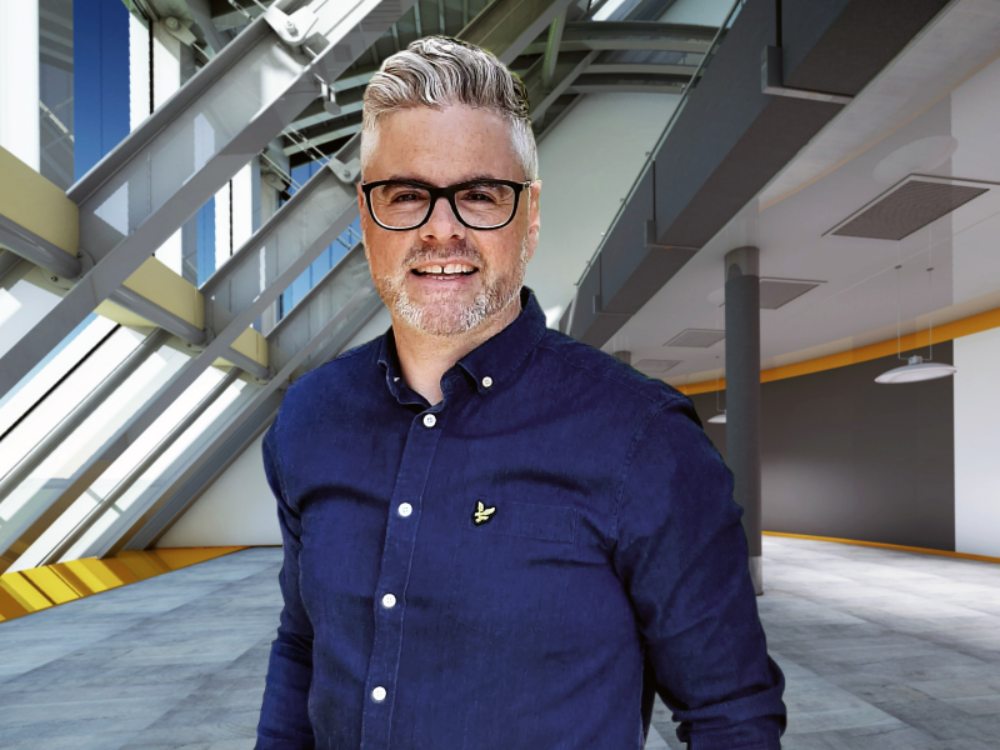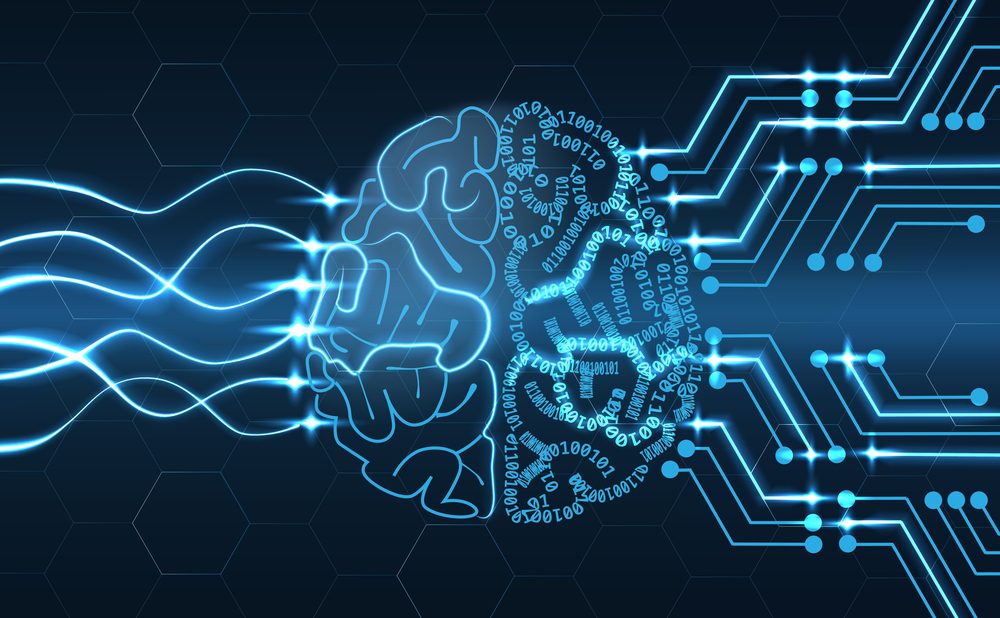Don’t believe all the hype – AI is proving to be a powerful ally in many areas of human life, says Galvia CEO John Clancy.
It was so refreshing to hear good recently in a time when it can feel like it is nothing but bad news from around the world. An artificial intelligence (AI) supported mammogram screening in Sweden has shown astonishing results.
In a ground-breaking study, AI algorithms were found to increase breast cancer detection rates by an impressive 20% when compared to human doctors with years of training and experience. Not only did AI outperform human experts in detecting more breast cancers, but it also significantly reduced doctors’ mammogram reading workload, freeing up valuable time for other critical tasks.
“By leveraging AI’s immense potential, we can create a future that is safer, more efficient, and filled with countless opportunities for growth”
The success of AI in breast cancer detection represents a remarkable advancement in the field of medicine. By leveraging machine learning algorithms and vast amounts of data, AI can analyse mammograms with incredible accuracy, leading to earlier diagnoses and potentially saving countless lives.
AI-driven breast cancer detection is probably one of the most compelling cases of AI’s potential to outperform human capability and make our lives safer and more efficient. But it is certainly not the only. From healthcare to business management and even in our personal lives, AI has demonstrated its ability to detect red flags in various tasks.
Let’s take a look at three other different scenarios:
1. AI in natural disaster detection: Protecting communities
Depending on where you are located, you are either experiencing the hottest or wettest summer on record. Natural disasters like drought, flooding and tropical storms are unfortunately more common occurrences due to climate change.
It is undeniable that we are entering into a new era of weather patterns and behaviour and AI may be just the tool to help us navigate this new conundrum.
Tech giants like Google and IBM have invested heavily in how AI can detect red flags in terms of natural disasters such as earthquakes and floods and have the results to back up their investment.
AI-powered algorithms can process real-time data from various sensors and sources to detect and predict natural disasters more accurately and promptly, enabling better disaster preparedness and response. For example a scientist team at Cardiff University are using AI and underwater microphones to detect tsunamis and earthquakes.
2. AI in dating apps: A helping hand in relationships
Artificial Intelligence is also revolutionising our personal lives, particularly in the realm of dating apps.
Many dating platforms now employ AI-powered algorithms to match users more effectively based on their preferences, behaviors, and interests. The result is improved matching accuracy and more successful connections.
AI analyses user data from various sources, including past interactions and preferences, to predict compatibility and detect red flags that may arise in potential relationships. By flagging potential concerns early on, artificial intelligence helps users make more informed decisions, enhancing their overall dating experience and increasing the likelihood of finding meaningful connections.
3. AI’s Role in Business: Safeguarding your projects
In the business world, let me draw on my own experiences in working in the field of AI for the past few years. No matter what sector your organisation is in, AI can empower your business to stay ahead of potential pitfalls, make more informed decisions and increase overall efficiency.
An AI-platform can use advancements in predictive analytics and machine learning to assess vast amounts of data to detect red flags, and allow businesses to mitigate risks more effectively.
At Galvia, for instance, we are deploying AI solutions across three verticals: IT enterprises, Talent Management consultancies and Higher Education institutions. In IT enterprises, Galvia’s AI analyses datasets to detect potential issues and bottlenecks that would typically go unnoticed and optimise outcomes, providing valuable insights for timely project deliveries. In talent management, the platform identifies high-performers and recommends development opportunities, fostering a culture of growth and productivity.
For education, Galvia’s AI-driven student engagement detects signs of disengagement and provides personalised support, ensuring academic success for all students.
The ‘better chess player’ analogy
The impact of AI on various aspects of life can be likened to what it did for the game of chess. When Deep Blue defeated world chess champion Garry Kasparov in 1997, it demonstrated that AI could outperform the best human players. However, instead of replacing human players, the use of AI has allowed top chess players to significantly improve their game.
Similarly, in healthcare, dating apps, and business management, AI’s prowess in detecting red flags enhances human abilities rather than replacing them. By automating repetitive tasks and providing valuable insights, AI-powered algorithms empower professionals to make better decisions, leading to improved outcomes and a safer, more efficient world.
In conclusion, the era of artificial intelligence is undeniably transforming the way we safeguard our health, conduct business, and build relationships. From the remarkable advancements in breast cancer detection to the enhanced matchmaking in dating apps, and the predictive analytics powering a project’s success, AI, ethically regulated of cours, is proving to be an invaluable ally.
Rather than fearing AI’s rise and getting into comparisons of human vs artificial intelligence, we should embrace it as a partner that complements human capabilities and helps us become better versions of ourselves. By leveraging AI’s immense potential, we can create a future that is safer, more efficient, and filled with countless opportunities for growth.
We’d love to get your organisation started on your own AI journey. Reach out to us today.
Main image at top via DALL-E





